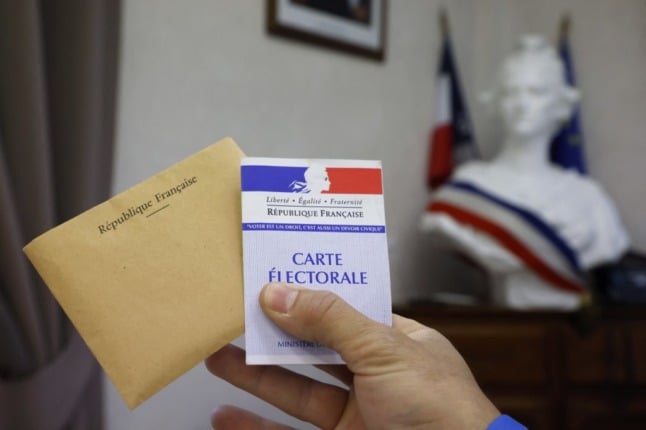Once you’ve become good enough to write a text message in French you may began to get ‘textos’ with a bewildering mix of shorthand and acronyms from your friends in France. This is French text message language, which like in English, operates on one simple rule: fewer characters is better.
Accordingly acronyms, abbreviations and letter/number shorthand are the norm here. Grammar, accents and most other rules pretty are pretty much suspended on the text universe. It's a nice break from the confines of official language, but can be totally confusing.
In order to decode the expressions The Local has collected 15 of the ones you are likely to see in a typical day of gallic phone messaging. Here we have defined and explained their use.
As always, help us build up this list for readers by adding your own favourite French 'texto' lingo in the comments section below or let us know on Twitter at @Thelocalfrance.
French text messaging lingo: 15 essential terms decoded




 Please whitelist us to continue reading.
Please whitelist us to continue reading.
Member comments